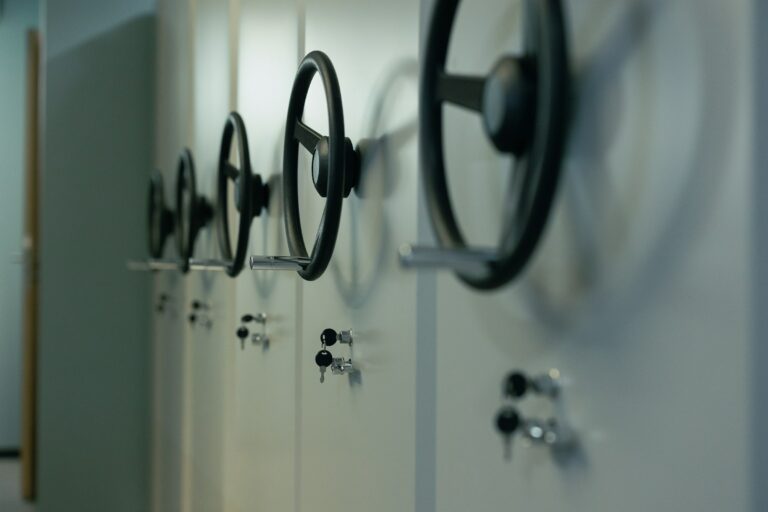
What Items Should Not Be Stored in a Safe Deposit Box?
We’re reminded daily about living in a digital world where anything of importance is stored in the cloud. However, if you were thinking about getting rid of your safe deposit box, says the article “9 Things You’ll Regret Keeping in a Safe Deposit Box,” from Kiplinger, think again.
By all means keep your prized possessions like baseball cards in a safe deposit box. Some documents also do belong in a bank vault. However, it’s not the right place for everything.
Even if the bank’s ATMs are open 24/7, access to the safe deposit box is limited to hours when the bank is open. If you need something in an emergency on a weekend, holiday or at night, you’re stuck. The same goes for natural disasters, which seem to be happening more frequently in certain parts of the country. Reduced operations and branch closures happened because of the pandemic and today’s hiring problems might mean a longer wait even during regular business hours at a bank branch.
Here’s a look at what not to put in your safe deposit box:
Cash money. Most banks are very clear: cash should not be kept in a safe deposit box. Read your contract with the bank. The FDIC does not protect cash, unless it’s in a bank account.
Passports. Unless you travel often enough to keep a passport next to your wallet, it may be tempting to put it in the safety deposit box. However, if an emergency arises, or you get a great last minute travel bargain, you won’t have quick access to your passport.
An original will. Keeping copies of your will in a safe deposit box is fine, but not the original. After death, the bank seals the safe deposit box until an executor can prove they have the legal right to access it.
Letters of Intent. A letter of intent, or letter of instruction, is a letter to your family, telling them what your wishes are for your funeral or memorial service and giving details on specific bequests. However, if it’s locked up in a safe deposit box, your final wishes may not see the light of day for months. Keep the letter of intent with your original will. You might also wish to send the letter of intent to anyone who is designated to receive a specific item.
Power of Attorney. Similar to the will, the POA needs to be accessible any time, day, or night. Keep it with your original will and provide copies to anyone who might need it. The same goes for your Advance Directives for Health Care or Living Will. It won’t do you any good to say you don’t want to be kept alive on a heart and lung machine if your agents can’t get to these documents.
Valuables, Jewelry or Collectibles. The FDIC does not insure safe deposit boxes or their contents. There are no federal laws governing safe deposit boxes and no law says the bank has to reimburse you for stolen items. Protect valuables with a supplemental policy or a rider to your homeowner’s insurance policy and keep them at home.
Spare House Keys. How likely are you to be able to get to your house keys even if the bank is open, if your key to the safe deposit box is in your home? Enough said.
Illegal, Dangerous, or Liquid Items. When you opened your safe deposit box, you signed a contract listing what you may and may not keep in a safe deposit box. Firearms, explosive, illegal drugs, and hazardous materials are among the things prohibited from being kept in a safe deposit box. The same goes for less dramatic items: if you have a collection of rare whiskey, keep it at home.
Reference: Kiplinger (Sep. 24, 2021) “9 Things You’ll Regret Keeping in a Safe Deposit Box”
